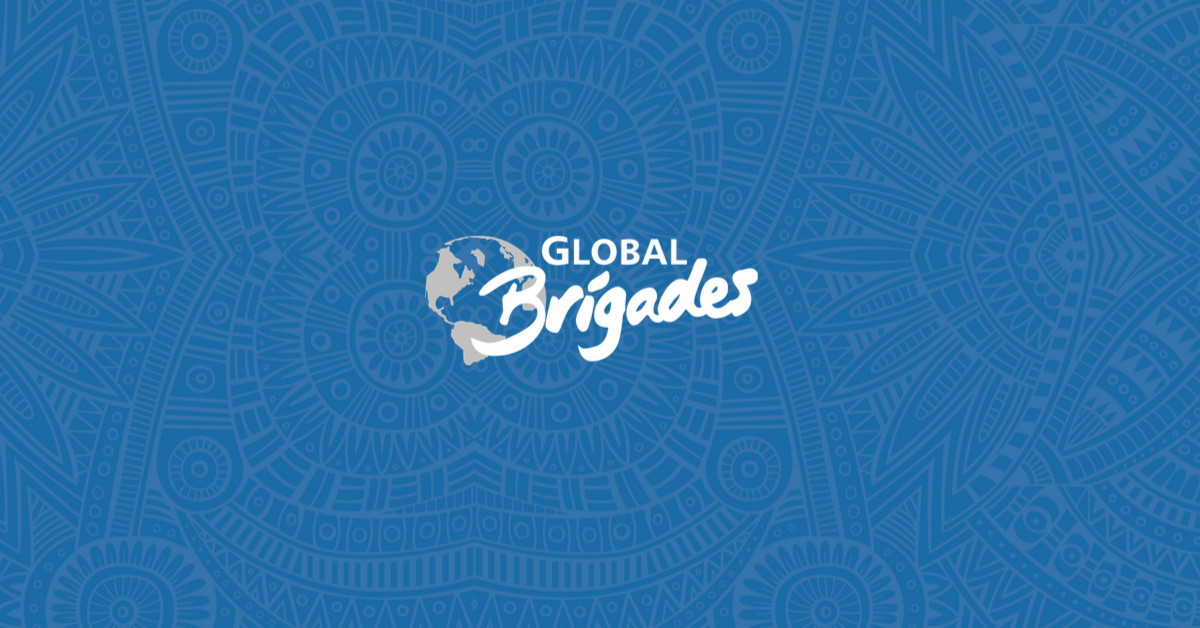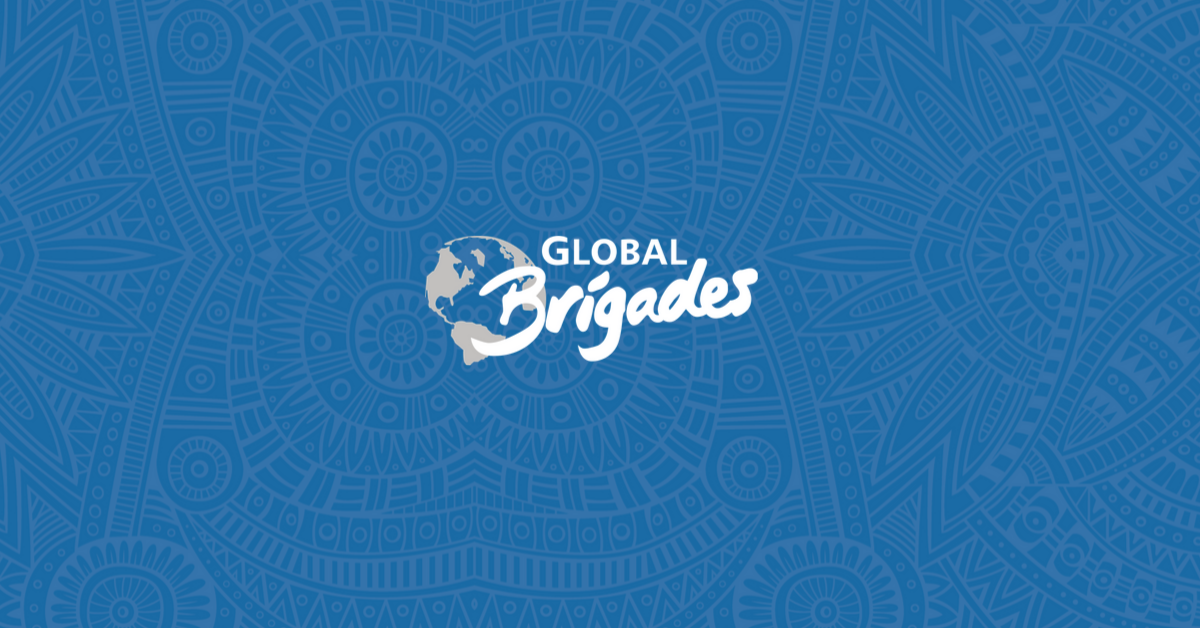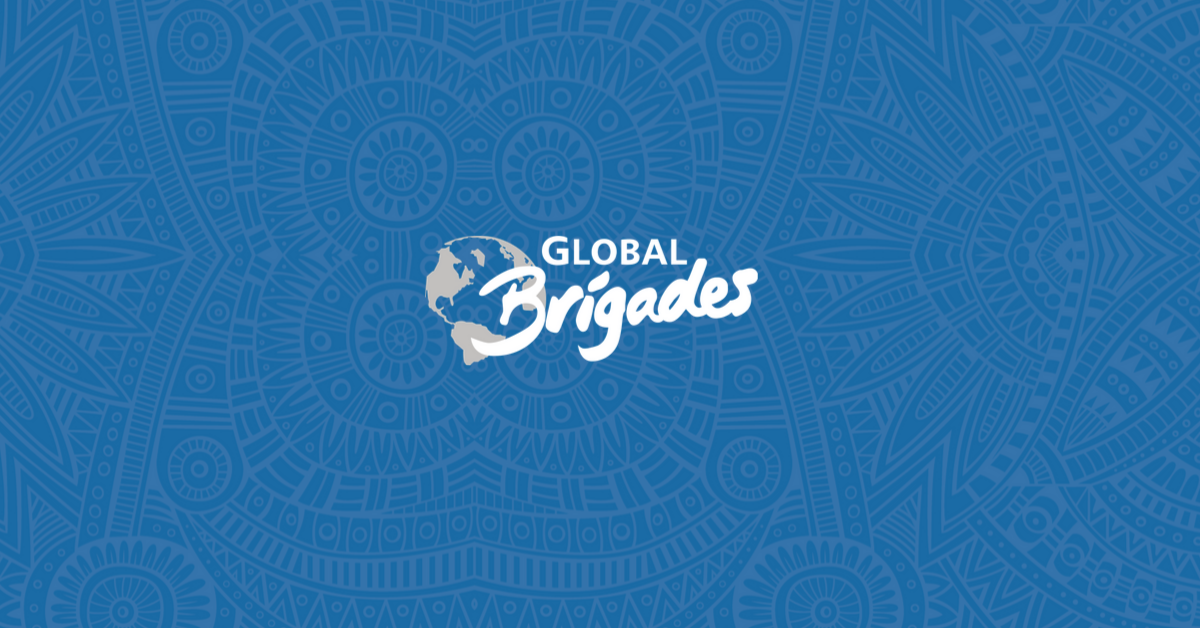The following blog post was written by guest blogger Claire Seigworth. Claire graduated with a B.A. in International Relations and a minor in Spanish Literature from Marquette University. She has traveled to many Latin American countries, studied in Santiago, Chile and worked in Panama for Global Brigades.
In early September of this year Stockholm, Sweden hosted World Water Week to discuss making water security and access a priority for the post millennium development goal s set by the United Nations. As water is an integral part of everyday life and a basic necessity for survival, a global effort is needed to make sure that everyone has access to water. This conference created a three-part development goal with regards to water to be accomplished by 2030.
First, the conference asks for water efficiency to double.[1] There are many forces at nature that strain the world’s water resources, such as an increasing population, agriculture, and pollution. Therefore, an approach aimed at water efficiency and equity is needed to meet all the demands for water.
Second, access to potable water needs to be recognized and treated as a human right. The World Water Week conference recognizes the personal and economic disadvantages of a lack of access to water and sanitation, especially in that the consequences of the lack of access to water excessively affect women and girls.[2]
Lastly, the conference requires that water resource management be a priority in the future. With global climate change, flooding and droughts are becoming increasingly common and hazardous to human and economic development.[3] Therefore, protecting and promoting ecosystems and trying to mitigate the disasters caused by too much or too little water needs to be part of the solution to creating a world where, “all people can live in safety and dignity.”[4]
Despite the need for an overarching global goal, everyone can have an impact to use water more responsibly. It can range from simple things like hand washing dishes and turning off the water when brushing your teeth to buying energy and water efficient appliances for everyday use. You can visit websites such as http://wateruseitwisely.com/100-ways-to-conserve/?view=list to find ways to contribute to a planet that uses water more efficiently.



